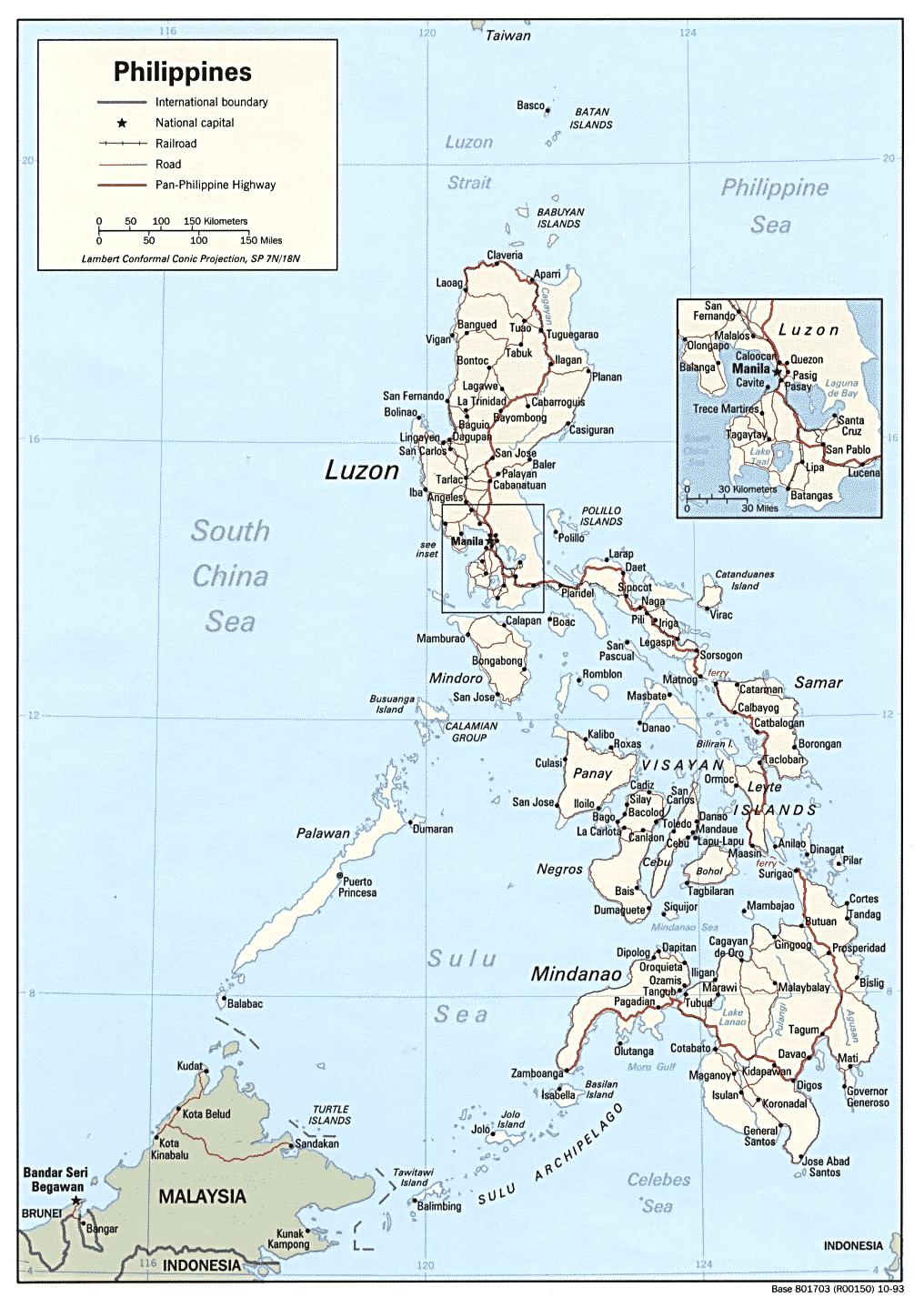 Fr. Miguel A. Bernad SJ
Fr. Miguel A. Bernad SJOf the many things in my life I regret doing or not doing, one thing I regret very much is not having met the deadline to contribute to the festschrift in honor of Miguel A. Bernad SJ, now published by Xavier University as a special issue of Kinaadman (Wisdom): A Journal of the Southern Philippines (volume 29, 2007).I regret this act of omission for two main reasons.First, I would have loved to bask in the reflected glory of such writers as Gemino H. Abad, Patricio N. Abinales, Gregorio C. Brillantes, Linda Ty Casper, Leonard R. Casper, Edna Zapanta Manlapaz, Christine Godinez Ortega, Azucena G. Uranza, and the other contributors to the volume, all of whom took the time to write essays in honor of the country’s pioneer in the field of literary criticism. Second, I owe a lot to Fr. Bernad. While I was with the Society of Jesus, he was my regular bridge partner. He played (maybe still plays) bridge the way he writes – looking not at the most efficient or coldblooded way of winning tricks or points at the table, but at the most elegant. I learned a lot from him about how to survive the brickbats that inevitably come across a writer’s way. He simply labels people of lesser intelligence and breeding as “obnoxious.” Being obnoxious, such critics or crabs are not allowed to enter his select universe and, therefore, do not matter and cannot affect his writing. He has always been one of my models for good teaching. He does not come into the classroom with a book or textbook that he then merely paraphrases or elaborates on. He teaches from books implanted in his mind. He infuses literary texts with wisdom gained from years of study and experience. He quotes from Shakespeare and Dante (and, of course, the Bible) from memory. I have a terrible memory, but during the few times that I recite lines of poetry from memory in my classes, I always see the eyes of my students light up. Nothing can inspire students to read more than a teacher quoting a book from memory. As a colleague in the Manila Critics Circle, he has always been very supportive of our efforts to establish a reading culture in the country. Several times in the recent past, he has tried to resign from the group, citing his difficulty reading with his failing eyesight, but at all those times, I have simply ignored his letters of resignation. I think he understands what I am trying to do with the Circle. I want not just to capitalize on his name, but to have him around to exploit his wisdom. He contributes to the group what none of us have – personal experience of having lived and worked during those earlier times when our literature was still inchoate, because writers were just starting to learn how to write in English after having learned how to write in Spanish. In the Circle, he is our sense of history. On the rare occasions when he disagreed with the views of the majority of the members of the Circle, he would lay down his arguments in pure classical fashion, with a logic that even those of us already in the postmodern mode could appreciate. I am sorry I could not attend the joint academic convocation last Dec. 18 of Xavier University, Ateneo de Davao University, and Ateneo de Zamboanga University conferring on Fr. Bernad an honorary doctorate. (It was the first time the three universities conferred a common degree on anyone.) I hope my absence will not qualify me for inclusion in his list of obnoxious people.Thank you, Fr. Bernad, not only for the kind words you said about me in the Festschrift, but for the kind deeds you have been doing all these forty years I have known you. (The Philippine Star, 27 December 2007)
Link to Isagani Cruz's blog: Critic at Large original post (here)










1 comment:
Joseph,
Your the recipient of a blog blessing on my site.
John Michael
Post a Comment